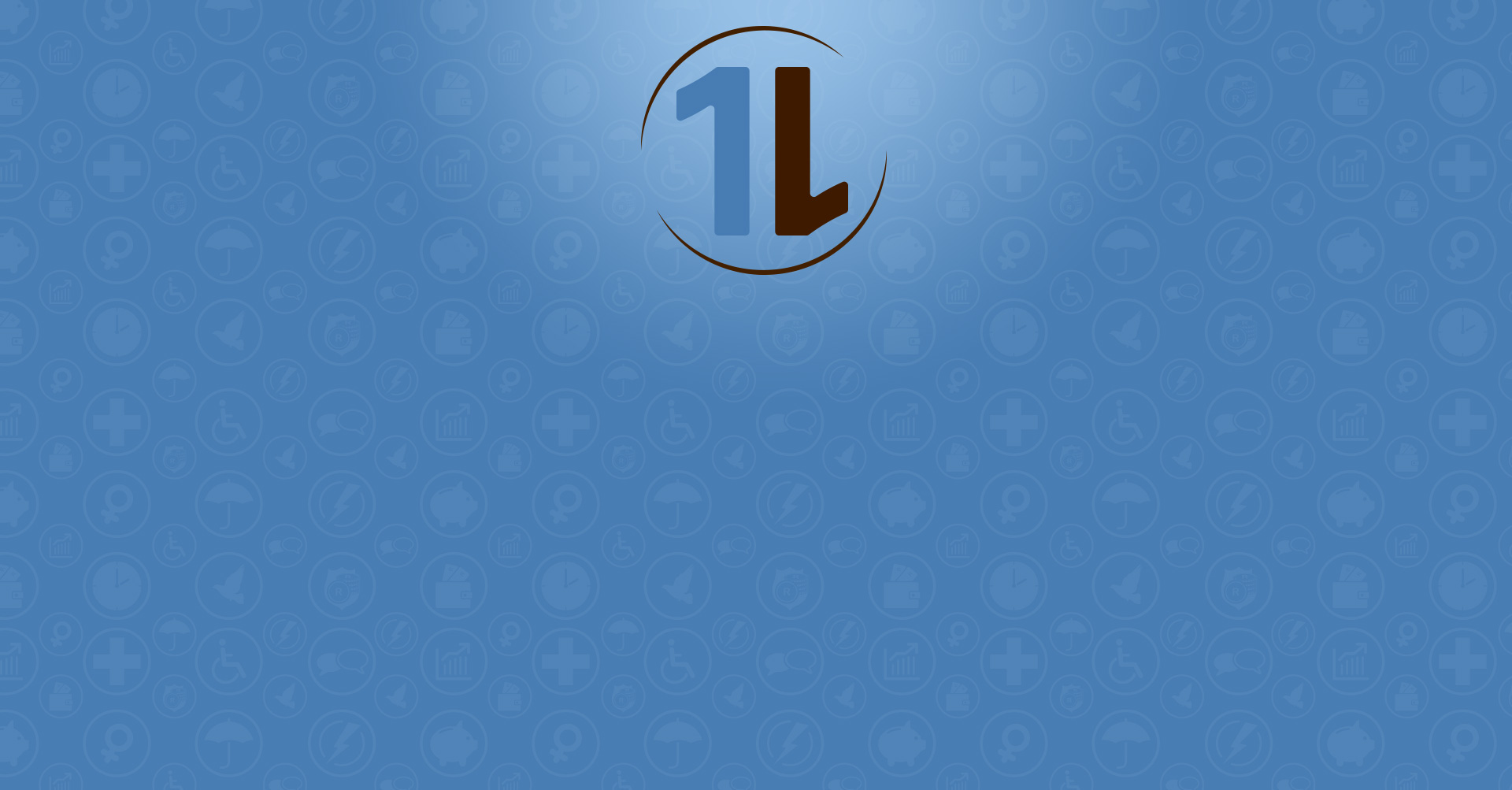Various internet polls show that quitting smoking ranks in the top five most popular New Year's resolutions for 2007 and, with stricter anti-smoking legislation now on the cards, smokers have even more of an incentive to stick to their resolution to kick the habit.
Lenerd Louw, CEO of 1Lifedirect, South Africa's first fully direct life insurance provider says that those who successfully stop smoking can also save money on their life insurance premiums – making the decision to quit a financially-sensible option as well.
"On 31 December 2006, many 1Lifedirect customers took the decision to stop smoking and are reaping the rewards for doing so in more ways than one. Aside from the health benefits associated with quitting, they are saving money because they are paying less on their life insurance premiums every month, not to mention the extra money they have in their back pockets that would have been spent on packs of cigarettes," says Louw.
Louw reminds those who have successfully kicked the habit to notify their life insurers because they may also offer discounts on premiums for making positive lifestyle changes such as quitting smoking. He also encourages those who haven't taken the bold step to quit to consider doing so because it will improve their general health and well-being and change their lives for the better over the long term.
"Smoking poses serious health risks. Smoking increases your chances of developing lung cancer and almost triples the risk of heart disease. With this in mind, it is understandable why life insurers charge smokers a higher premium that they would for non-smokers," he comments.
He points out that second hand smoke is horribly dangerous and adversely affects the health of those who live, work and socialise with people who smoke.
"Non-smokers who breathe second hand smoke are also at risk of developing heart and lung disease because second hand smoke contains more carbon monoxide and nicotine than first-hand smoke. Worse still, second-hand smoke causes a wide variety of health problems in children such as bronchitis, pneumonia and middle ear infections. Smoking around someone with asthma also increases their chances of having an attack and can also increase the severity of attacks.
"So, if you don't want to quit for your own health, quit for the health of those around you," says Louw.
Louw believes that it is never too late to benefit from quitting.
"Even if you have been smoking for many years, you can reverse some of the harmful effects of smoking on your body. In fact, within just eight hours of your last cigarette, your body will begin to respond and function better," he says.
Citing facts from the South African Heart Foundation, Louw says that within eight hours of quitting blood oxygen and carbon monoxide levels in the body normalise and, within 24 hours, the risk of a heart attack or stroke already starts to decrease.
Lung capacity improves and coughing decreases within 72 hours of your last cigarette while blood circulation and sperm count improves significantly within one to three months of quitting. Reassuringly, the risk of developing lung cancer is halved within five years of quitting and the risk of heart disease decreases to that of a non-smoker.
"The evidence is clear, stopping smoking will benefit you. So, if you made the resolution to quit this year, stick to it," concludes Louw.

